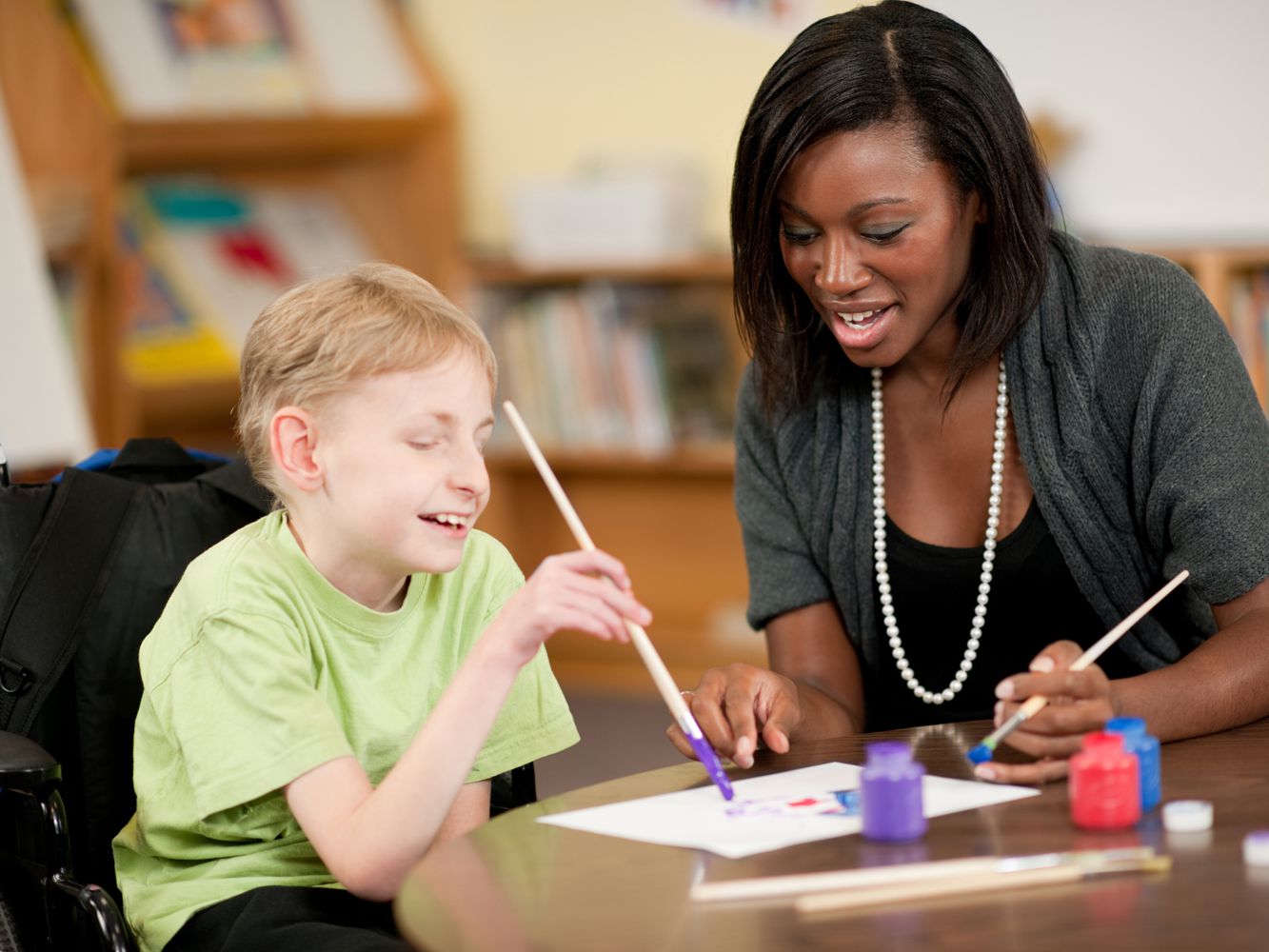
While it can seem like every student in a school receives the exact same education, many schools are able to make accommodations to suit different learning needs. There are many reasons students may require extra assistance in school and individualized education programs (IEPs) are just one way of providing that help. Consider a few key facts about how these programs could benefit your child.
What Is an IEP?
An individual education program Edison NJ is an outline that describes the necessary learning accommodations for a student who requires additional assistance. As the name suggests, IEPs vary as much as individual students’ needs do. Students who benefit from having an IEP include those with learning disabilities, sensory impairments, developmental delays and many other conditions. Changes brought about through the IEP may include things like access to a special resource room or useful technological devices.
Who Is Eligible?
In order to receive an IEP, a student must be older than three but younger than 21 and have a disability. In addition, teachers and other professionals must agree that the student’s disability requires additional assistance in order for him or her to succeed. A meeting is usually held that includes these professionals and the student’s parent so that all can reach a consensus on the best educational plan for the student.
What Can Parents Do?
Because parents cannot sit alongside their child throughout the school day, they may feel somewhat helpless in the IEP process. On the contrary, parents can help inform teachers about difficulties their child may be having at home in order for teachers to understand the student’s needs as clearly as possible. Additionally, parents may choose to move their child to a different school if this would best suit the child’s needs.
Every student learns differently, and many students require specific kinds of assistance throughout the school day. Consider whether an IEP might give your student the tools he or she needs to thrive.




